23 items found
Page 1 of 1
-
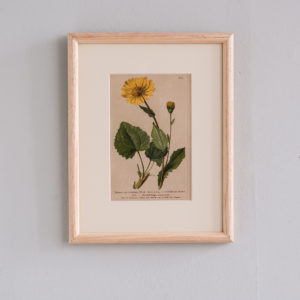
Alpine Flowers
£110 eachAlpine Flowers
Anton Hartinger was an Austrian artist who specialized in still life paintings of fruit and flowers. He was born in Vienna in 1806 and a member of the Academy of Fine Arts Vienna from 1843 to 1851. He later became a pioneer in the field of chromolithographic printing. He died in Vienna in 1890.£110 each -
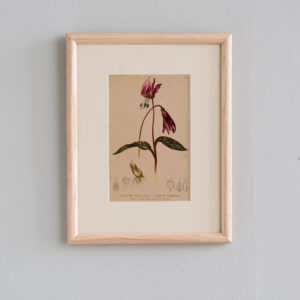
Alpine Flowers
£110 eachAlpine Flowers
Anton Hartinger was an Austrian artist who specialized in still life paintings of fruit and flowers. He was born in Vienna in 1806 and a member of the Academy of Fine Arts Vienna from 1843 to 1851. He later became a pioneer in the field of chromolithographic printing. He died in Vienna in 1890.£110 each -
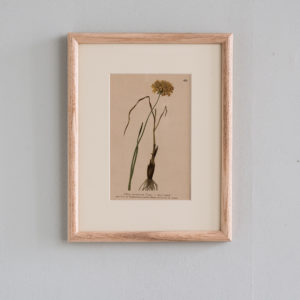
Alpine Flowers
£110 eachAlpine Flowers
Anton Hartinger was an Austrian artist who specialized in still life paintings of fruit and flowers. He was born in Vienna in 1806 and a member of the Academy of Fine Arts Vienna from 1843 to 1851. He later became a pioneer in the field of chromolithographic printing. He died in Vienna in 1890.£110 each -
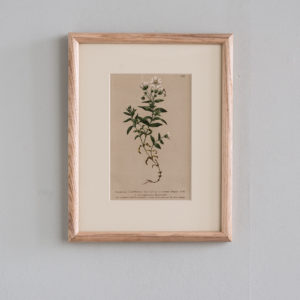
Alpine Flowers
£110 eachAlpine Flowers
Anton Hartinger was an Austrian artist who specialized in still life paintings of fruit and flowers. He was born in Vienna in 1806 and a member of the Academy of Fine Arts Vienna from 1843 to 1851. He later became a pioneer in the field of chromolithographic printing. He died in Vienna in 1890.£110 each -
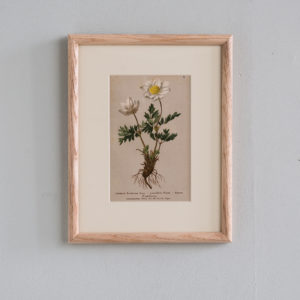
Alpine Flowers
£110 eachAlpine Flowers
Anton Hartinger was an Austrian artist who specialized in still life paintings of fruit and flowers. He was born in Vienna in 1806 and a member of the Academy of Fine Arts Vienna from 1843 to 1851. He later became a pioneer in the field of chromolithographic printing. He died in Vienna in 1890.£110 each -
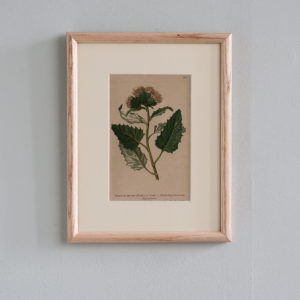
Alpine Flowers
£110 eachAlpine Flowers
Anton Hartinger was an Austrian artist who specialized in still life paintings of fruit and flowers. He was born in Vienna in 1806 and a member of the Academy of Fine Arts Vienna from 1843 to 1851. He later became a pioneer in the field of chromolithographic printing. He died in Vienna in 1890.£110 each -
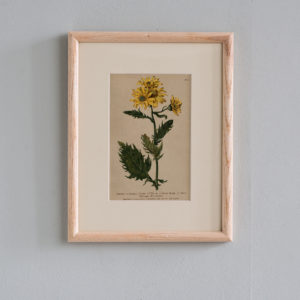
Alpine Flowers
£110 eachAlpine Flowers
Anton Hartinger was an Austrian artist who specialized in still life paintings of fruit and flowers. He was born in Vienna in 1806 and a member of the Academy of Fine Arts Vienna from 1843 to 1851. He later became a pioneer in the field of chromolithographic printing. He died in Vienna in 1890.£110 each -
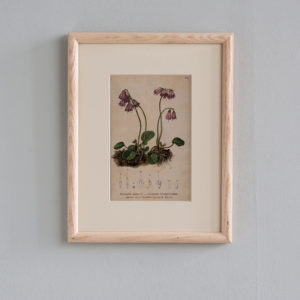
Alpine Flowers
£110 eachAlpine Flowers
Anton Hartinger was an Austrian artist who specialized in still life paintings of fruit and flowers. He was born in Vienna in 1806 and a member of the Academy of Fine Arts Vienna from 1843 to 1851. He later became a pioneer in the field of chromolithographic printing. He died in Vienna in 1890.£110 each -
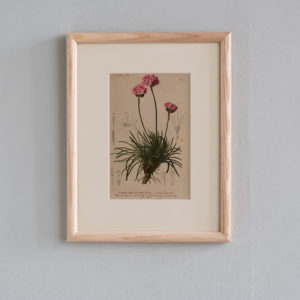
Alpine Flowers
£110 eachAlpine Flowers
Anton Hartinger was an Austrian artist who specialized in still life paintings of fruit and flowers. He was born in Vienna in 1806 and a member of the Academy of Fine Arts Vienna from 1843 to 1851. He later became a pioneer in the field of chromolithographic printing. He died in Vienna in 1890.£110 each -
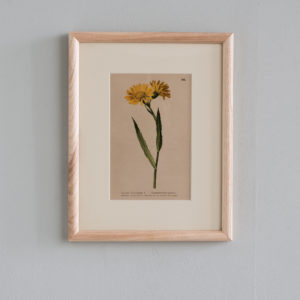
Alpine Flowers
£110 eachAlpine Flowers
Anton Hartinger was an Austrian artist who specialized in still life paintings of fruit and flowers. He was born in Vienna in 1806 and a member of the Academy of Fine Arts Vienna from 1843 to 1851. He later became a pioneer in the field of chromolithographic printing. He died in Vienna in 1890.£110 each -
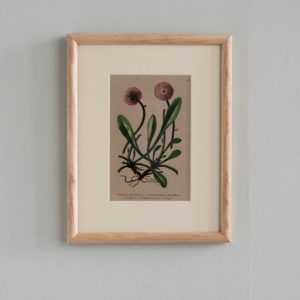
Alpine Flowers
£110 eachAlpine Flowers
Anton Hartinger was an Austrian artist who specialized in still life paintings of fruit and flowers. He was born in Vienna in 1806 and a member of the Academy of Fine Arts Vienna from 1843 to 1851. He later became a pioneer in the field of chromolithographic printing. He died in Vienna in 1890.£110 each -
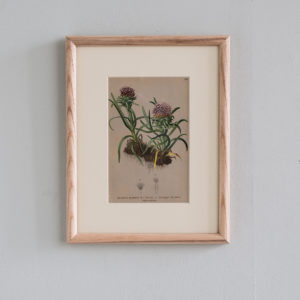
Alpine Flowers
£110 eachAlpine Flowers
Anton Hartinger was an Austrian artist who specialized in still life paintings of fruit and flowers. He was born in Vienna in 1806 and a member of the Academy of Fine Arts Vienna from 1843 to 1851. He later became a pioneer in the field of chromolithographic printing. He died in Vienna in 1890.£110 each -
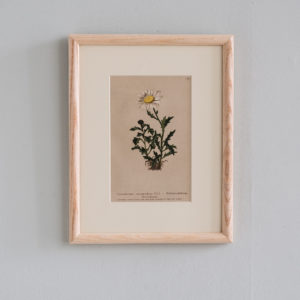
Alpine Flowers
£110 eachAlpine Flowers
Anton Hartinger was an Austrian artist who specialized in still life paintings of fruit and flowers. He was born in Vienna in 1806 and a member of the Academy of Fine Arts Vienna from 1843 to 1851. He later became a pioneer in the field of chromolithographic printing. He died in Vienna in 1890.£110 each -
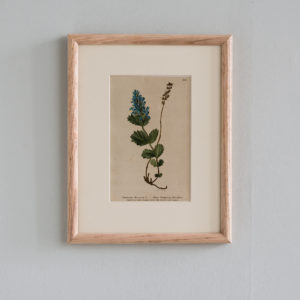
Alpine Flowers
£110 eachAlpine Flowers
Anton Hartinger was an Austrian artist who specialized in still life paintings of fruit and flowers. He was born in Vienna in 1806 and a member of the Academy of Fine Arts Vienna from 1843 to 1851. He later became a pioneer in the field of chromolithographic printing. He died in Vienna in 1890.£110 each -
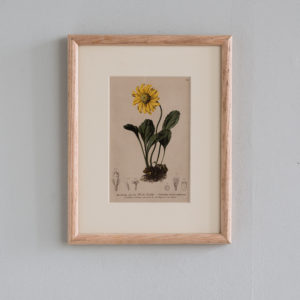
Alpine Flowers
£110 eachAlpine Flowers
Anton Hartinger was an Austrian artist who specialized in still life paintings of fruit and flowers. He was born in Vienna in 1806 and a member of the Academy of Fine Arts Vienna from 1843 to 1851. He later became a pioneer in the field of chromolithographic printing. He died in Vienna in 1890.£110 each -
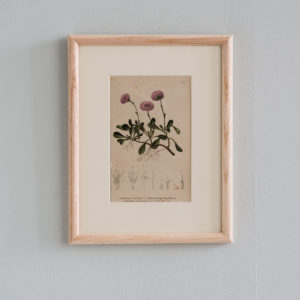
Alpine Flowers
£110 eachAlpine Flowers
Anton Hartinger was an Austrian artist who specialized in still life paintings of fruit and flowers. He was born in Vienna in 1806 and a member of the Academy of Fine Arts Vienna from 1843 to 1851. He later became a pioneer in the field of chromolithographic printing. He died in Vienna in 1890.£110 each -
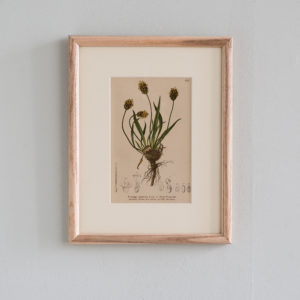
Alpine Flowers
£110 eachAlpine Flowers
Anton Hartinger was an Austrian artist who specialized in still life paintings of fruit and flowers. He was born in Vienna in 1806 and a member of the Academy of Fine Arts Vienna from 1843 to 1851. He later became a pioneer in the field of chromolithographic printing. He died in Vienna in 1890.£110 each -
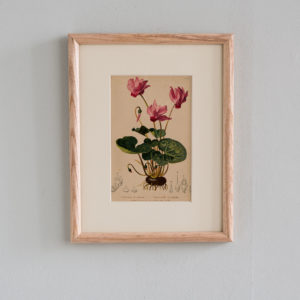
Alpine Flowers
£110 eachAlpine Flowers
Anton Hartinger was an Austrian artist who specialized in still life paintings of fruit and flowers. He was born in Vienna in 1806 and a member of the Academy of Fine Arts Vienna from 1843 to 1851. He later became a pioneer in the field of chromolithographic printing. He died in Vienna in 1890.£110 each -
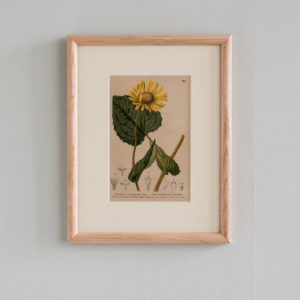
Alpine Flowers
£110 eachAlpine Flowers
Anton Hartinger was an Austrian artist who specialized in still life paintings of fruit and flowers. He was born in Vienna in 1806 and a member of the Academy of Fine Arts Vienna from 1843 to 1851. He later became a pioneer in the field of chromolithographic printing. He died in Vienna in 1890.£110 each -
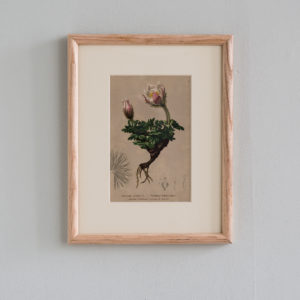
Alpine Flowers
£110 eachAlpine Flowers
Anton Hartinger was an Austrian artist who specialized in still life paintings of fruit and flowers. He was born in Vienna in 1806 and a member of the Academy of Fine Arts Vienna from 1843 to 1851. He later became a pioneer in the field of chromolithographic printing. He died in Vienna in 1890.£110 each -
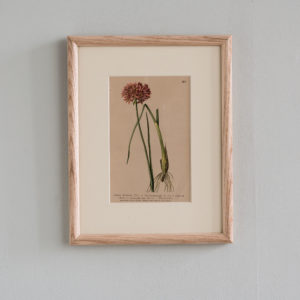
Alpine Flowers
£110 eachAlpine Flowers
Anton Hartinger was an Austrian artist who specialized in still life paintings of fruit and flowers. He was born in Vienna in 1806 and a member of the Academy of Fine Arts Vienna from 1843 to 1851. He later became a pioneer in the field of chromolithographic printing. He died in Vienna in 1890.£110 each -
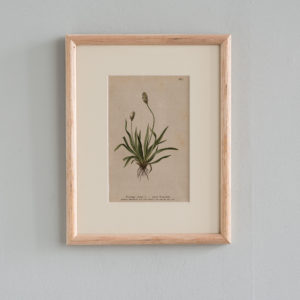
Alpine Flowers
£110 eachAlpine Flowers
Anton Hartinger was an Austrian artist who specialized in still life paintings of fruit and flowers. He was born in Vienna in 1806 and a member of the Academy of Fine Arts Vienna from 1843 to 1851. He later became a pioneer in the field of chromolithographic printing. He died in Vienna in 1890.£110 each -
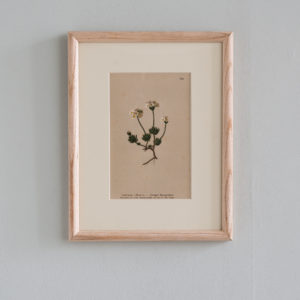
Alpine Flowers
£110 eachAlpine Flowers
Anton Hartinger was an Austrian artist who specialized in still life paintings of fruit and flowers. He was born in Vienna in 1806 and a member of the Academy of Fine Arts Vienna from 1843 to 1851. He later became a pioneer in the field of chromolithographic printing. He died in Vienna in 1890.£110 each
Featured Items
-
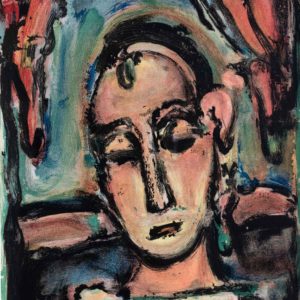
Head of a Girl by George Rouault, Verve Vol 2 / No. 5-6.
£800Head of a Girl by George Rouault, Verve Vol 2 / No. 5-6.
The Verve Review was a purposefully luxurious. It ran from 1937 to 1960, but with only 38 editions available, due to the high degree of design and editorial work dedicated to each issue. Each edition contained unique lithographic prints, commissioned by the editor, and each cover a double-page lithograph elaborated by one of the artists contained within. It was the brainchild of its editor Stratis Eleftheriades, a Greek National who moved to Paris in the early thirties to take part in the growing Modernist movement, writing under the name of Teriade.£800 -
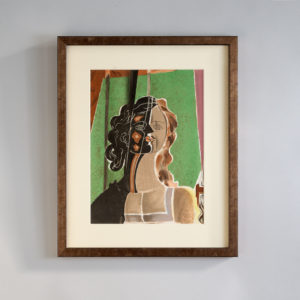
Figure by Georges Braque, Verve Vol 2 / No. 5-6.
£800Figure by Georges Braque, Verve Vol 2 / No. 5-6.
The Verve Review was a purposefully luxurious. It ran from 1937 to 1960, but with only 38 editions available, due to the high degree of design and editorial work dedicated to each issue. Each edition contained unique lithographic prints, commissioned by the editor, and each cover a double-page lithograph elaborated by one of the artists contained within. It was the brainchild of its editor Stratis Eleftheriades, a Greek National who moved to Paris in the early thirties to take part in the growing Modernist movement, writing under the name of Teriade.£800 -
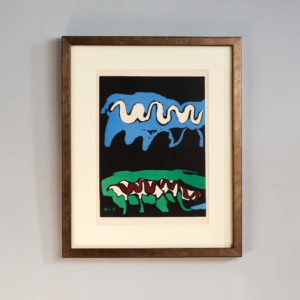
The Four Elements, Earth by Francisco Bores, Verve Vol. 1 / No. 1.
£600The Four Elements, Earth by Francisco Bores, Verve Vol. 1 / No. 1.
The Verve Review was a purposefully luxurious. It ran from 1937 to 1960, but with only 38 editions available, due to the high degree of design and editorial work dedicated to each issue. Each edition contained unique lithographic prints, commissioned by the editor, and each cover a double-page lithograph elaborated by one of the artists contained within. It was the brainchild of its editor Stratis Eleftheriades, a Greek National who moved to Paris in the early thirties to take part in the growing Modernist movement, writing under the name of Teriade.£600 -
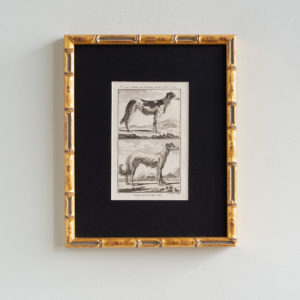
18th Century French Engravings of Dogs
£175 each18th Century French Engravings of Dogs
Published for, Histoire naturelle, générale et particulière (1749–1804), which was the first modern attempt to systematically present all existing knowledge in the fields of natural history, geology, and anthropology.£175 each
